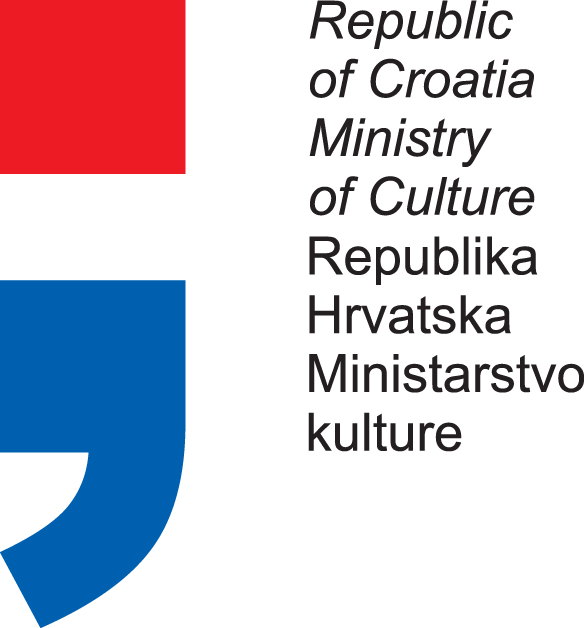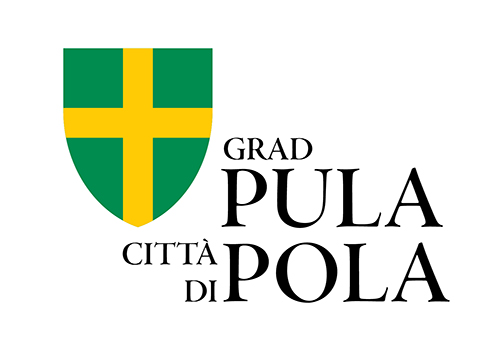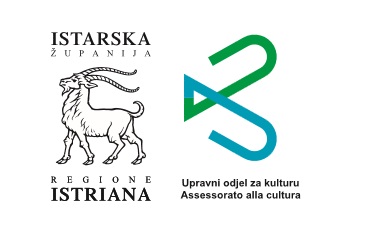
Deep Cuts is an omnibus about violence, and has brought together three directors, three screenwriters, and an excellent cast. Producer Dijana Mlađenović said that a full seven years have passed since the original idea for the film and its making. “At first, it was supposed to be a regional project, but after a screenwriting workshop, with participation from 10 screenwriters from four countries, we settled on these three, all by chance from Croatia,” she said at the press conference. “The stories were selected based on quality alone, and the hardest thing was finding the directors to work on them. Dubravka Turić directed the first story, Cherries. Filip Mojzeš directed White Bone Death, and Filip Peruzović directed Sinking Objects,” she said. The first film was filmed in the Šibenik hinterland, the second in the surrounding area of Pisarovina, and the third one in the surrounding area of Zagreb. The directors cast the roles themselves. Cherries has already been screened at Cannes, and was well received, and will be screened at a few more festivals, while White Bone Death will be screened in Sarajevo, and the omnibus as a whole will be released in Croatian cinemas in autumn. The three screenwriters are Jelena Paljan, Ksenija Kušec and Ivan Turković Renjak. Paljan wrote the screenplay for Cherries based on the short story by Olja Savičević Ivančević. As Paljan said, the story is very emotional, told from the perspective of a boy. “It’s a very powerful, moving story. I had to break the story down for the purposes of the film, and stretch it in time. As opposed to the short story, the most important events are actually not shown in the film,” she said and added that the actors have done a wonderful job. One of the actors is Nikša Butijer, who said that acting is his way of contributing to an excellent film. “I am happy I was brought on to work on this film. We all became friends and the atmosphere on the set was great,” he said. White Bone Death is a benign video game with elements of horror, but it ends with a game of Tag. “The game turned into violence in the film,” Kušec said.
The Eighth Commissioner is the second film to be screened this evening at the Arena, and it was filmed based on the novel of the same name by Renato Baretić. Producer Jozo Patljak said the filming took 54 days and that they had as little as four million kuna, with hotel accommodation making up a fourth of that amount. “We filmed on the islands of Hvar, Brač, and Zlarin, and in Rogoznica, so it was very difficult to get all of the equipment to some of the little bays or the lighthouse,” he said. He emphasised that this is a huge film, two hours and twenty minutes, and filming would have been impossible without the professionals who worked on it. Frano Mašković plays the leading male role, and he said he enjoyed filming on the beautiful islands and filming with his fellow actor Borko Perić. “The scenes were not filmed in chronological order, and that was a real challenge,” he added. Borko Perić is happy to have had the chance to work on a project like this: “This film is based on a fantastic novel, which, unfortunately, is a rare occurrence in Croatian cinema.” Perić added that he doesn’t remember the last time he enjoyed filming this much. Slobodan Trninić was the cinematographer, and said that they didn’t want to film the island as if for a commercial, but they wanted the beauty to be coming out of the actors. “It was difficult to balance the cinematography due to different weather conditions during filming,” he said. Dario Domitrović worked on the sound, and emphasised that it was important to them to stress the proper articulation of the dialect. “I have to point out the excellent score done by Nenad and Alen Sinkauz,” he said. Editor Marin Juranić was on set the whole time for the first time, and the editing process took him two full years. “It is because of how long the film is; it was like I was editing two films, really. That’s why I roughly put the scenes together during the filming itself, even though the real work came later,” he emphasised. The Eighth Commissioner has already had a very successful screening at the Munich International Film Festival, and is continuing its festival run.
Đorđe Bajić, Zoran Janković and Ivan Velisavljević are the authors of the book that was presented today, the Critical Guide to Serbian Film 2000-2017. It is the second edition of the book with reviews of as many as 225 films screened in cinemas and awarded at festivals. “This book is one of a kind in our region, and is therefore of great significance to Serbian film,” said Bajić. He spoke about the negotiations for the book taking years, and serious work on the book itself took two and a half years. Each of the films included in the book has an introduction giving the basic
information about the film, which was quite the struggle; then there is the review, and also additional information and interesting facts about the film. “We also added excerpts from other people’s reviews, and we tried to include reviews opposed to ours, so that we establish a balance of sorts,” Bajić explained. Janković said that they did not hold back to note the things wrong with the films, but have not had any reactions as of yet, at least not from the more notable directors. “Some have threatened us on Facebook, but they didn’t go through with the threats,” he said, adding that there were no ‘untouchables’. “We didn’t hold back at all. It’s said you’re only as good as your second film,” Janković said. Velisavljević hopes that the book will in some way help Serbian film, which is currently experiencing a crisis. “In some cases, the reviews are more interesting than the films themselves. Film has been reduced to who is going to get the funds for filming and who’s going to get the award to justify their salary,” he said, adding that he hopes the book will be read with the idea of finding information or assistance in working on a film. When Miroljub Stojanović, of Film Centre Serbia, who presented the book, asked the authors if they would change anything, they said they wouldn’t, as they were very committed to their work on it. They gave suggestions to one another, but they gave each other the freedom to express their own opinions in their own way. Maja Medić selected the photographs, and Nenad Polimac wrote the preface. Film Centre Serbia is preparing the English edition of the book with 47 films.




